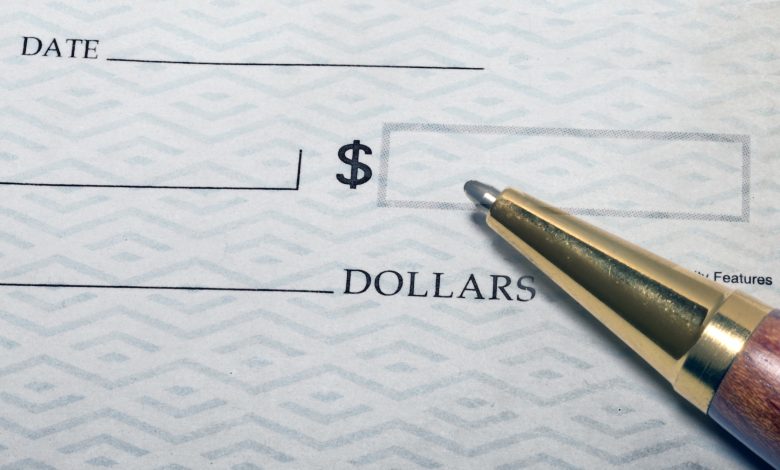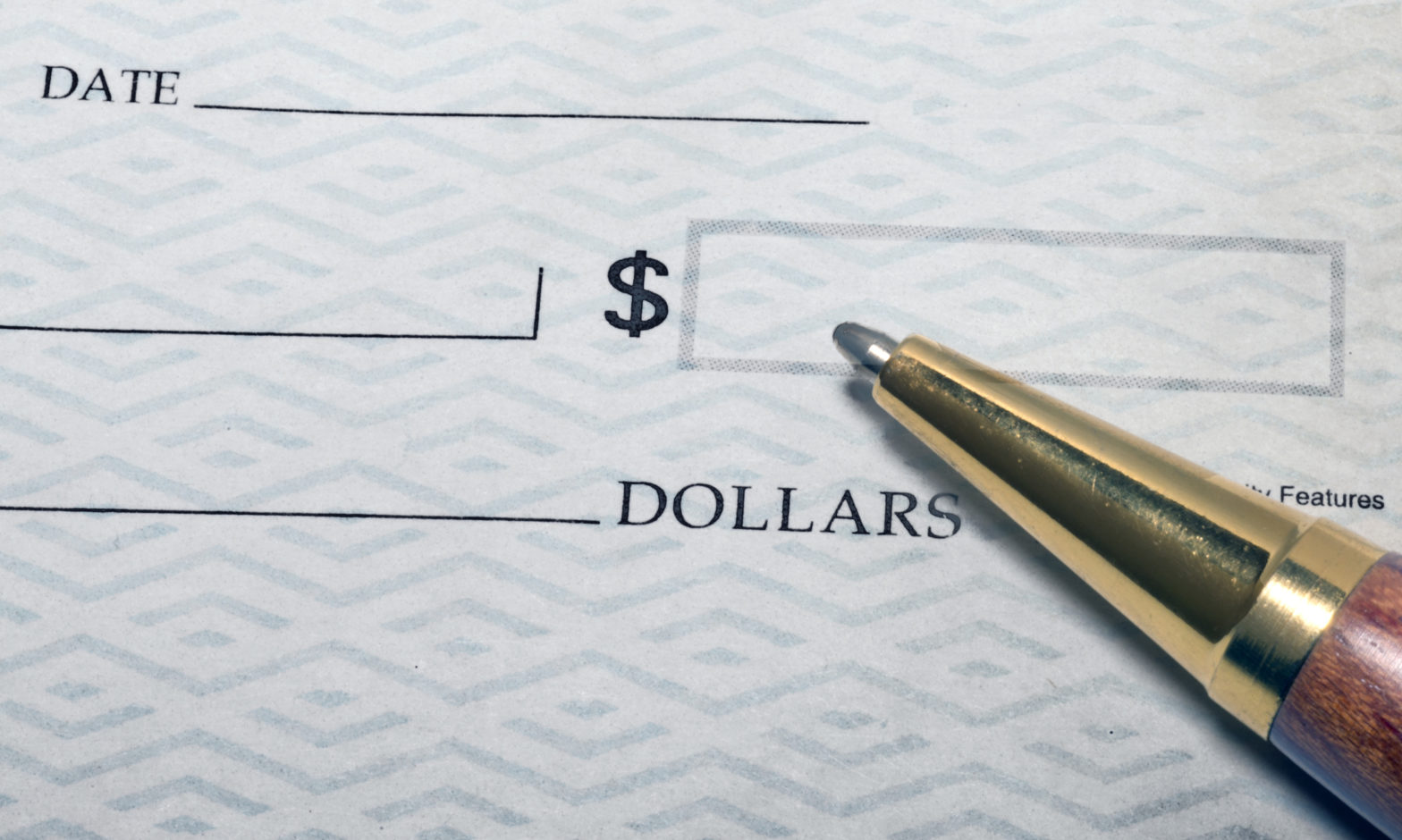Will Americans Receive A Stimulus Check In 2025? Unpacking Trump’s Tariff Rebate Comments


Over the course of the last several years, many American taxpayers have received stimulus checks to assist with economic hardships. During the throes of the COVID-19 pandemic, for instance, the CARES Act (Coronavirus Aid, Relief, and Economic Security Act) provided millions of qualifying citizens with checks in the amount of $1,200, with an additional $500 stipend per qualifying child. A second round of payments was issued in December 2020, for an additional $600. Since then, numerous government entities have expressed interest in sending out additional rounds of stimulus payments to their constituents in order to stimulate the economy and lessen the impact of the increasing cost of living. During an April press event, New York Governor Kathy Hochul expressed, “The cost of living is still too damn high, so I promised to put more money in your pockets.”
Now, thanks to a few quips from the president himself, rumors have been circulating regarding a new stimulus round, which could impact Americans at the federal level. POTUS recently confirmed that he’s considering a tariff-funded rebate check, drawing from some of the money within the White House’s trade deficit. According to CBS, Trump specifically expressed, “We’re thinking about that. We have so much money coming in, we’re thinking about a little rebate… A little rebate for people of a certain income level might be very nice.” For now, there’s not much information regarding this tariff rebate, and the details are still subject to change. Regardless, it’s worth investigating how you can qualify for the check, how much you might receive, and where these funds would actually come from. Be sure to read ahead as we unpack all of this information, and follow AfroTech Insider for frequent updates and financial insights.
Is There New Stimulus Money?
While the White House has not provided any concrete information regarding the new tariff rebate checks, we do have some information regarding how much money is available and where it will come from. A June 2025 report from the U.S. Treasury confirms that customs duties have accumulated over $100 billion in earnings in the first half of 2025. These figures represent massive growth from tariffs on imported goods, as outlined by Trump’s aggressive trade strategy. Revenue is expected to be further boosted in the back half of 2025, as Trump’s cabinet rolls out its newly minted tax and spending package. Trump has publicly toyed with the idea of spending some amount of this revenue on rebate checks for taxpayers of a certain income level. Even still, he has expressed that his primary interest with this money lies in paying down some of the United States’ debt, which currently clocks in at over $36 trillion and counting.
Critics of the current administration have argued that tariff rebates could be the only way for the president to regain a foothold with the American people. This would be a prudent political play, as many of Trump’s core fans have found themselves in an uproar over a series of ongoing political scandals, most notably the lack of transparency regarding the Jeffrey Epstein files. A recent investigative report from The Independent revealed just how effective this strategy is, outlining one voter’s claim that, “I voted for Trump because he’s going to give me money.” All this is to say, Trump has a vested interest in maintaining hope that a stimulus check is on the way, even if no such plans are in motion.
Who Will Qualify For The Tariff Rebate?
Tax and financial experts have argued that a tariff rebate will be logistically difficult to pull off, but not entirely impossible. Getting these checks out the door would require approval from a number of governing bodies, and some stern cooperation from across the political spectrum. Before the check could land in your hands, Trump’s people would need to write up a formal plan for Congress to approve. From there, the government would need to iron out exactly how these rebates are classified, I.E. direct stimulus checks or tax relief incentives. Finally, there would be a selection process to determine who would receive these checks, similar to the one employed by the federal government in 2020 ahead of the CARES Act stimulus rounds. For now, none of these steps have been taken, meaning it could be months before this money is disbursed to the public, if it happens at all.
Regardless, you should have your financial portfolio in order so that you can qualify and accept the stimulus check if one does materialize. Since information is so sparse on these rebates, it’s hard to know for sure who will qualify. Still, a good rule of thumb would be to examine who received the CARES Act checks. If you received your initial $1,200 stimulus back in 2020, and your taxes are fully filed, paid off, and up to date, you’re likely in good standing for the next round.
Payments for CARES Act recipients were reduced for individuals making over $75,000 per year, so it’s likely that citizens within higher tax brackets will receive fewer funds from the tariff rebates or none at all. If you meet all of the above criteria and are making under $75,000 annually, you’re likely a firm candidate for the rebate, so be sure to follow the news for any updates on this front.
What To Know About The Stimulus
If and when your stimulus check arrives, you’ll want to spend your money wisely. Don’t burn it all on brunch or bills. Instead, examine a few ways that Black professionals are turning extra cash into something bigger, through keen investments, mentorship programs, college courses, and more. Even a small bump in income or revenue can help to avoid living paycheck to paycheck, so long as you utilize it with intention.
Be sure to follow AfroTech Insider for more advice on how to create and stick to a professional growth development plan. From there, you can take advantage of personalized one on one coaching, financial structure from successful entrepreneurs, and access to frameworks for salary increases and other tools. Before long, you’ll be on the path to creating generational wealth, with just a bit of ingenuity and some prudent self-investment.




